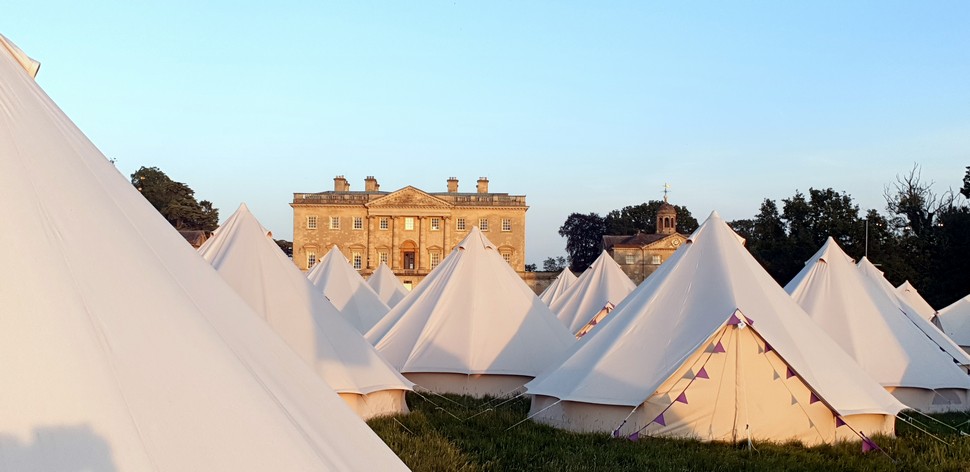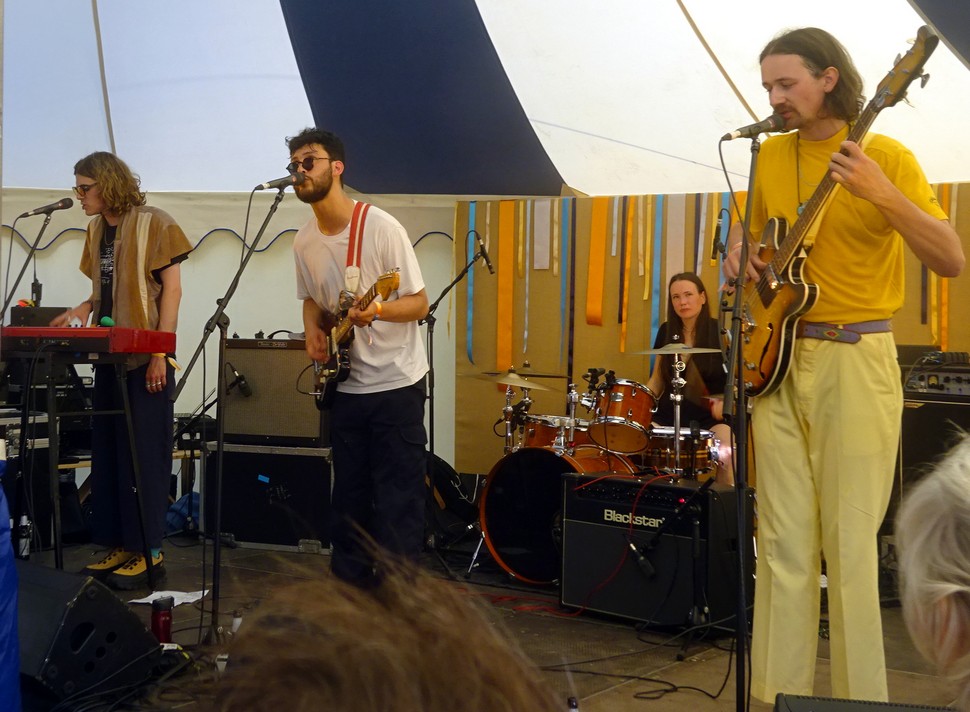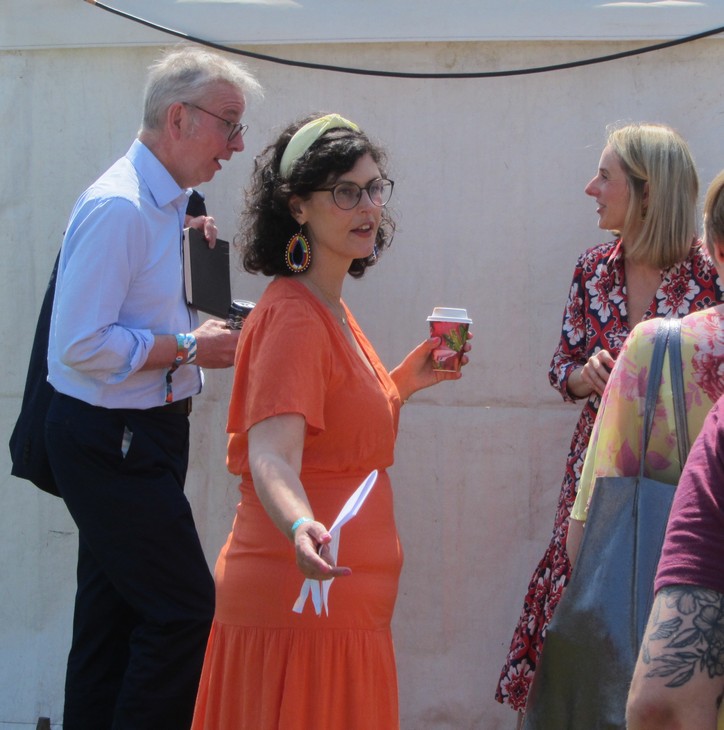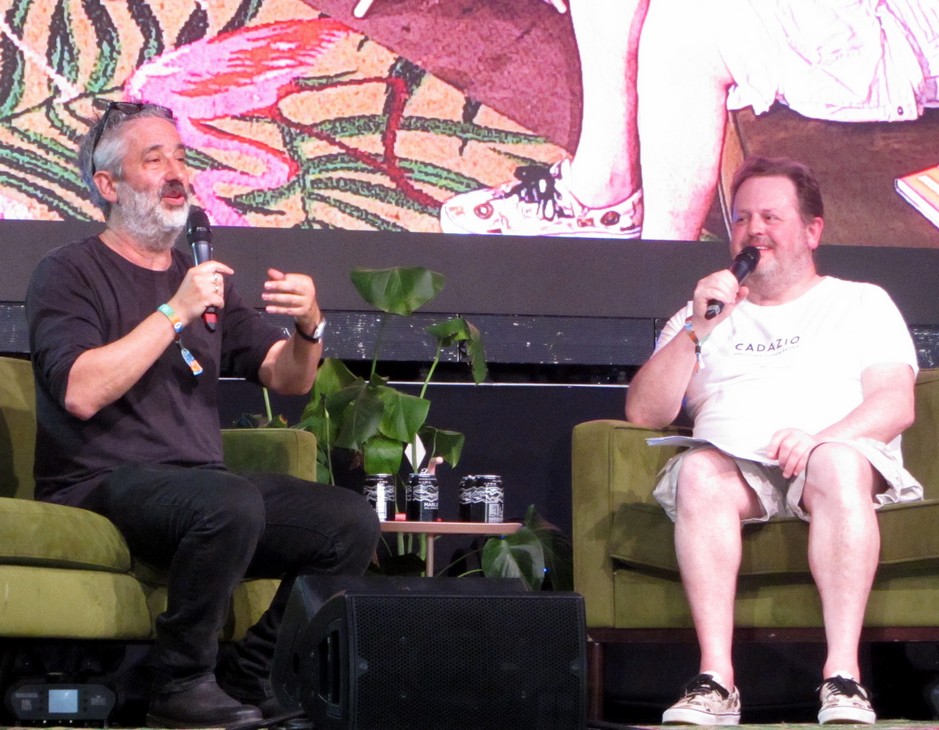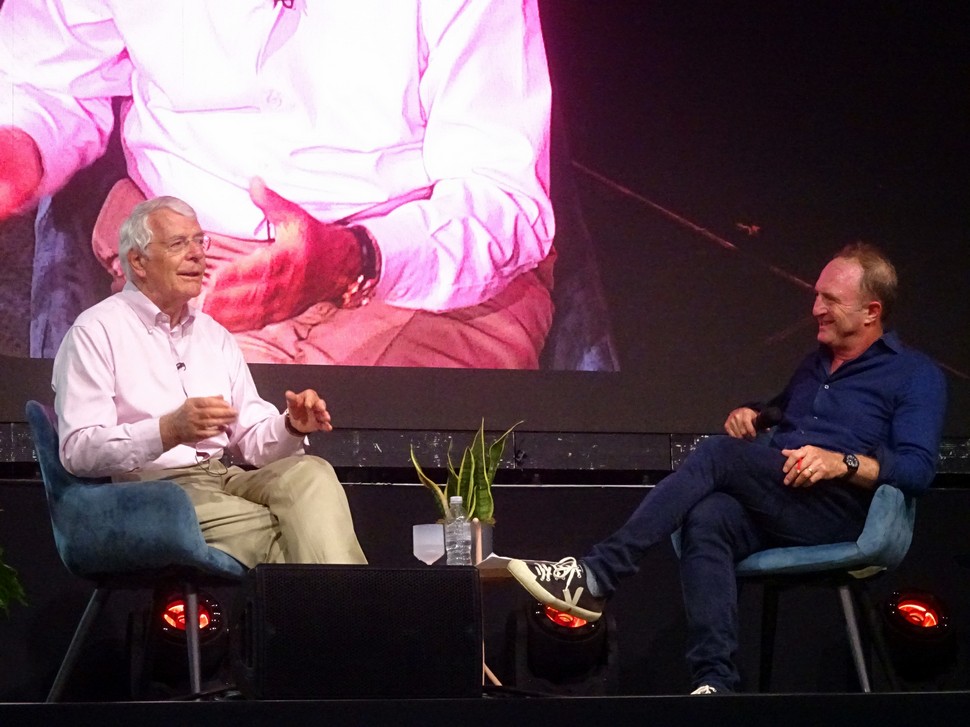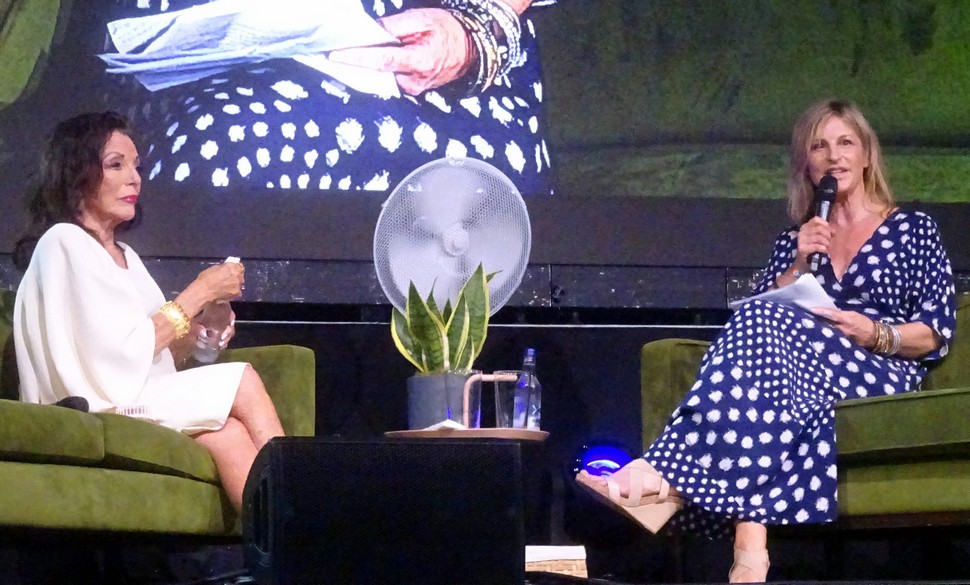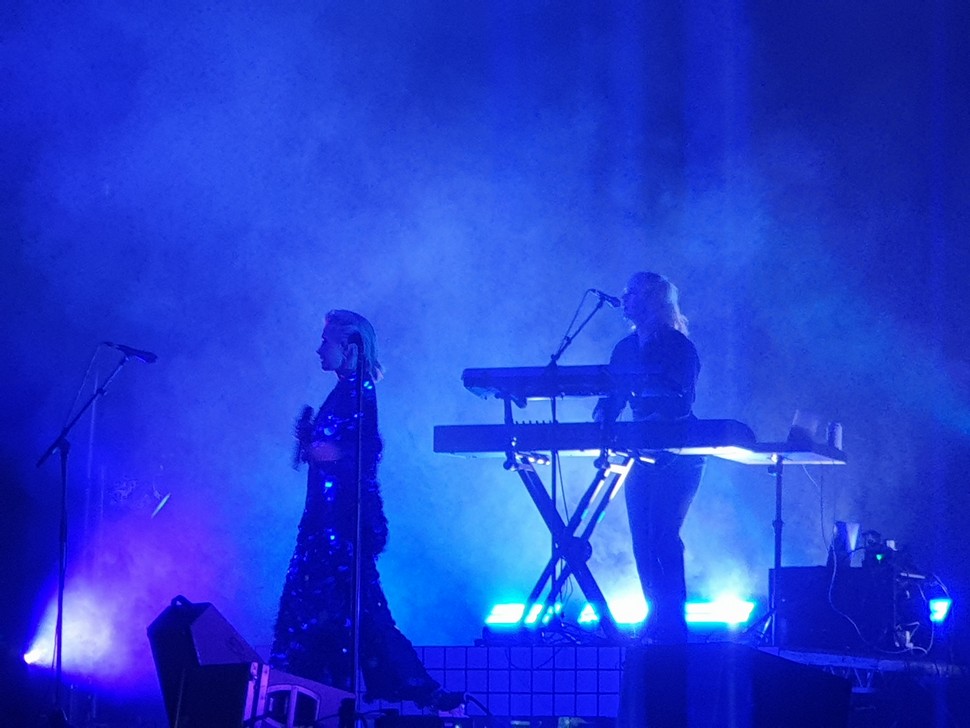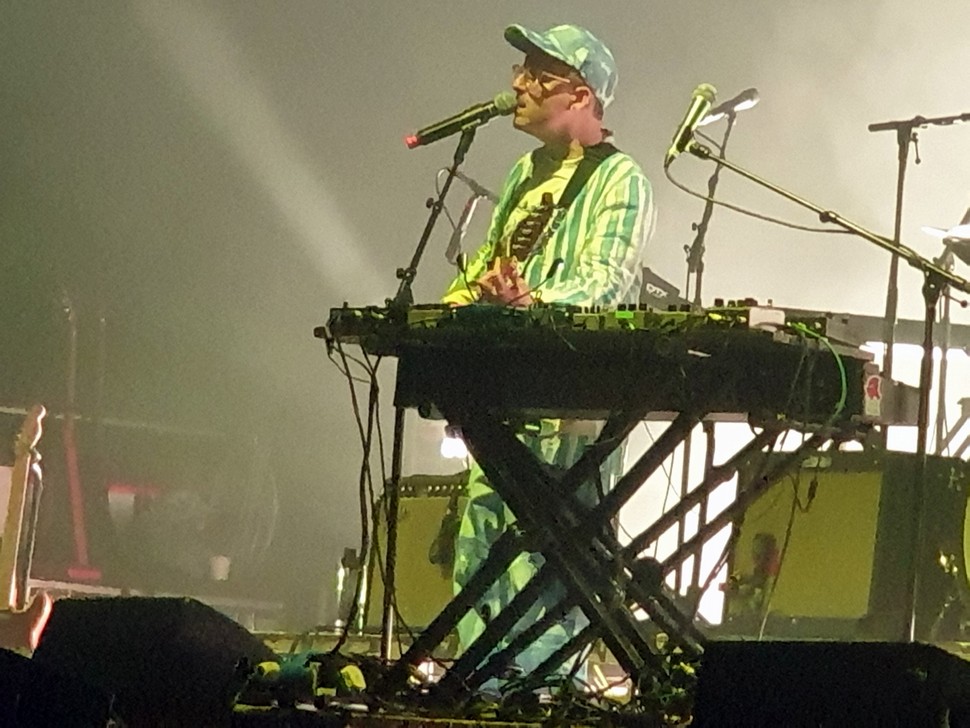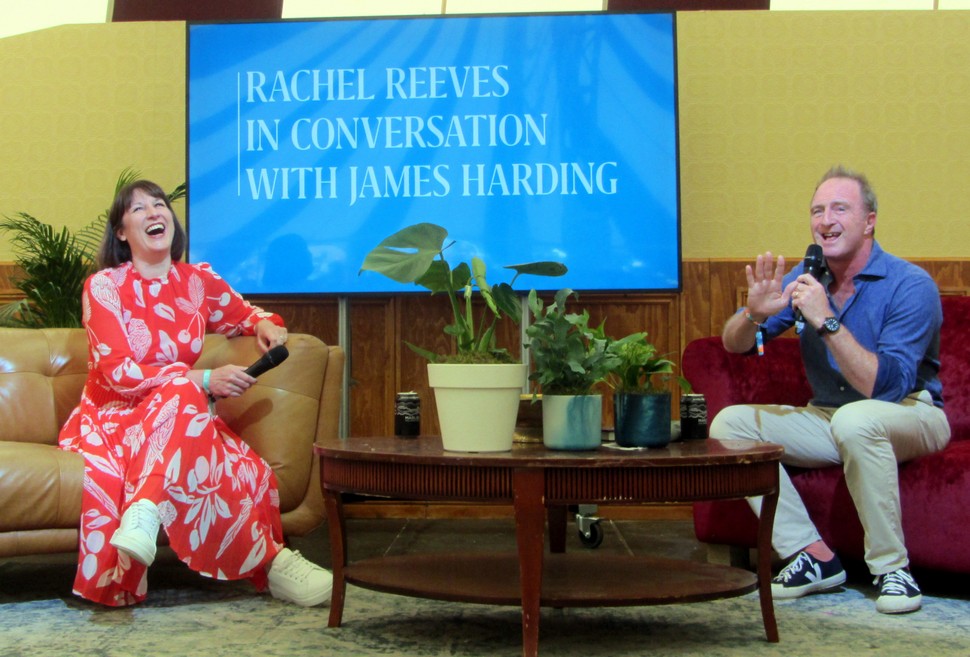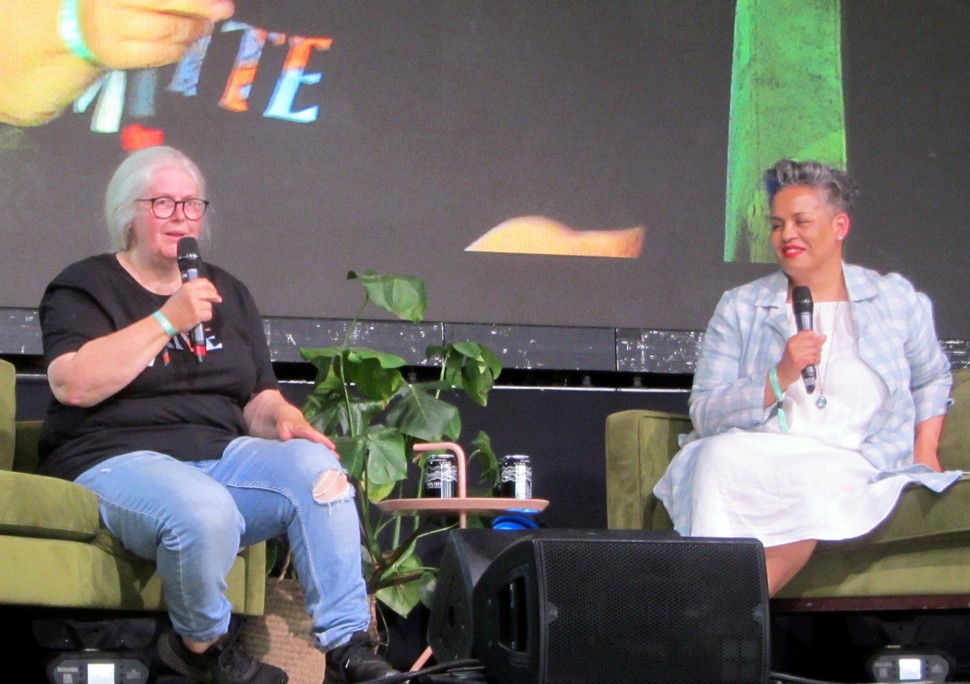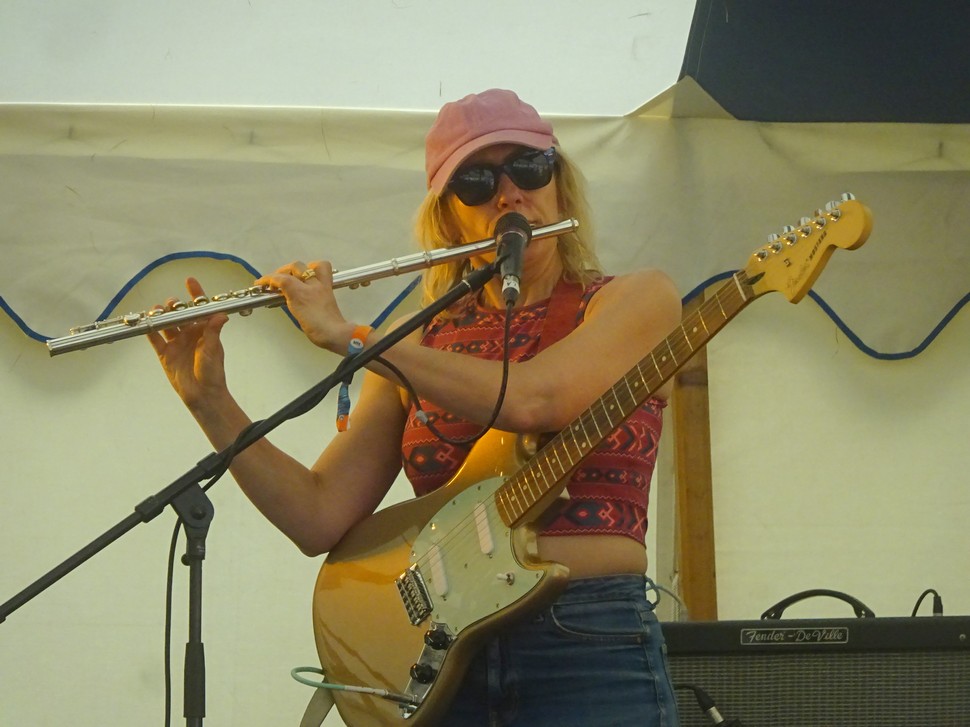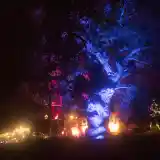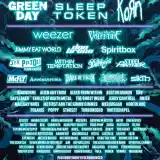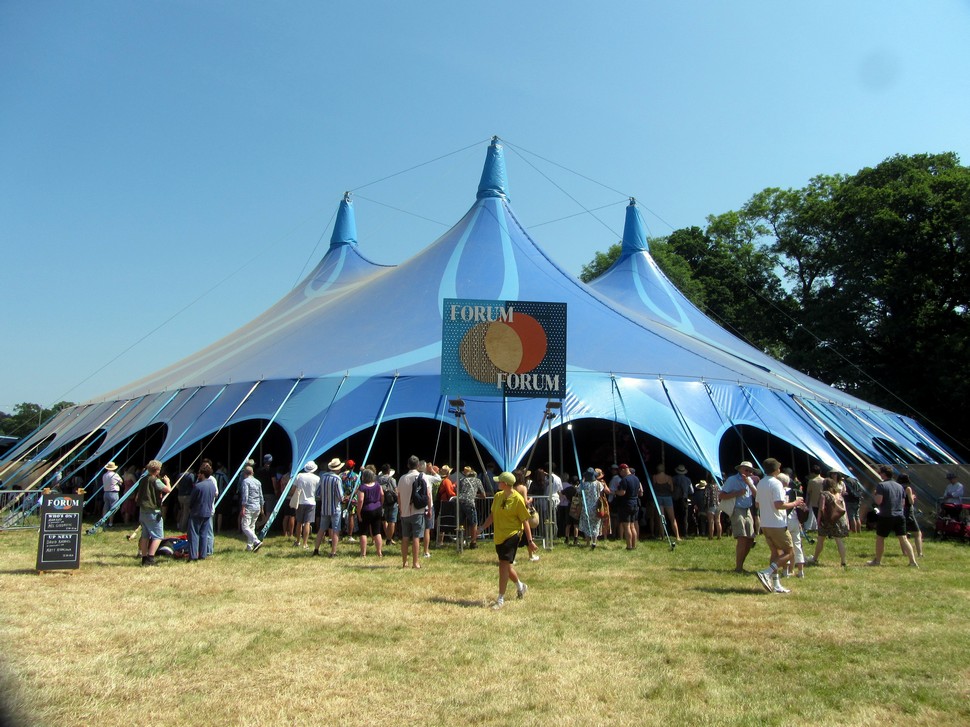
Kite Festival 2023
Friday 9th to Sunday 11th June 2023Kirtlington Park, Kirtlington, Oxfordshire, OX5 3JN, England MAP
£154 with camping, £145 without
Kite Festival returned to Kirtlington Park in Oxfordshire for what was only its second outing. The first iteration had all sorts of challenges arising from Covid fallout, and there were times when punters had to cut the event some slack. Overall it felt like a largely successful and well-received work in progress. It is a genuine pleasure to report that Kite returned in 2023 - something in these straitened times couldn't be taken for granted - and did so having responded and dealt with many of the issues that arose the previous year. Bluntly put, they kept all the good bits, fixed much of what bedevilled the previous year, and offered up a festival that everyone I spoke to enjoyed enormously.
Chief amongst the good bits was the campsite. Surrounded by rolling parkland and overlooked by the imposing edifice of a Palladian house, there was ample elbow room and toilets that were nothing short of magnificent. The proper flushing loos were spotlessly clean, had wash basins, hand soap and even hot air hand driers. Showers were plentiful, as were the water points and while the walk to the car was a slog in the heat, parking up was effortless.
The organisers appear to have dropped the claim – and I quote – that this was a three day curated journey of ideas with spectacular musical performances closing each day. Quite right too. It’s a two day festival with something to keep the campers happy on Friday night. Having only two smallish venues providing entertainment did feel a bit mean, particularly when some of us were still recovering from setting up when Pale Blue Eyes came and went. I do wish they’d let us in a little earlier. Tugboat Captain rocked the Skylark stage, and Sarathy Korwari offered up challenging rhythms at the Heavenly venue, but there was little to compete with the Don’t Problem, Mermaid Chunky or The Flamingods that fired up the festival last year.
Fortunately, the lackluster Friday proved one of the few times the festival appeared to go backwards. Saturday morning saw the Tortoise tent packed out a full half hour before Marina Hyde and Michael Gove took to the stage. As the tent continued to fill to bursting, I ran for cover to the roomier Forum, where I listened to Adam Kay in conversation with Mel Giedroyc. Despite being previously unfamiliar with Adam Kay's work, they were such good company, I was thoroughly entertained throughout. Impish Mel had us shouting our mutual disdain for Gove before diving into the deeply entrenched problems of the NHS. Rather than busk the interview, she had clearly done her homework, drawing informed and engaging views from Kay.
Martin Wolf, the chief economics editor at the Financial Times, spoke with such authority and insight in the Town Hall venue that I very nearly stayed, despite once again finding myself outside the tent, craning to look in. Instead, I returned to the Forum to hear David Baddiel discuss God with Matt d’Ancona. On the way, I stopped to admire Midori Jaeger play cello beautifully in an afternoon that was already promising an embarrassment of riches. Matt d’Ancona unwisely attempted to joust comedically - never a good idea with a mind as sharp as Baddiel - but otherwise sensibly stepped aside while the latter explored the religious impulses of the atheist. If that sounds niche, I should add that he did so forensically, with wit and empathy that persuaded me this was the tent to be in.
Alastair Campbell and John Major spoke from either side of the political spectrum, yet with a humility, frankness and compassion that united them, reminding us - as Major expressed so succinctly - that politicians used to share objectives and disagree only on how to get there. Campbell won over the audience by giving a student the cash to buy his book, while Major impressed with his takes of dinner with Jagger.
Joan Collins, perhaps seen as the star turn, proved less successful, but I think that largely due to her interviewer. Decca Aitkenhead asked the lamest of closed questions - do you ever dress casually is one that stood out for me - which Collins struggled to wring entertainment out of. The experience brought to mind two observations. Firstly, how excellent the interviewers had otherwise been (both Liz Moseley and James Harding were spot on) and how significantly the interviewer coloured the perception of the interviewee. This had been a significant failing that ran through last year's programme; something one can only conclude was noted and put right.
My second observation was regret that I didn't go see Chris Patten instead. But I also regret missing out on Lou Sanders, Prue Leith, and Polly Toynbee, all of which appeared during the day in the Town Hall. It may seem churlish to comment on riches elsewhere that were missed, but I do wonder at the wisdom of cramming so many speakers into such a short space of time. The festival's central idea is that we chat and think during the day and then go out partying in the evening. It seems to me that this misses a key idea embedded in the idea of festival, which is variety of experience. There's only so much talking the brain can take before it needs a sorbet, but how to get one when everyone on the bill is a must-see? Why not stretch the speakers throughout the day, so those not enamoured by Alison Goldfrapp's charms have somewhere else to go, not least because going head to head with Goldfrapp, that speaker might have a more managed audience.
As the structure of the festival currently stands we instead got a sharp, handbrake turn, with four acts on the new main stage competing with very little else beyond comedian Alistair Green manfully tackling a twelve year old heckler keen to discuss pizza. The Kite Stage is an excellent addition, showing acts that benefited from a fine sound system. I was still recovering from a day of being talked at when Candi Staton appeared, and August Charles never seemed to engage with the modest audience that turned up to see him. But both Alison Goldfrapp and Hot Chip faired considerably better, putting on great shows, albeit to relatively small numbers. A chap I spoke to beforehand was ecstatic that his two favourite acts were, extraordinarily, playing back to back, and good luck to him. Those less enamoured proved with their feet that you can't fill a tent just because there is nothing much else on.
Determined to finally get in the Town Hall, I got into the arena before 10, for a 10.30 start, yet still had to squeeze my way in for what proved to be the biggest disappointment of the weekend. I don’t think I disagreed with a single thing Rachel Reeves said, but that’s because she said little more than crowd pleasing aspirational sophistry. Try as he might, poor James Harding couldn’t prise something of substance from her. Instead, she steam-rollered on, deftly avoiding the focus of every question posed by both Harding and the audience, content instead to bask in Pavlovian applause. It was hugely dispiriting.
'Hugely' is just one of the words Giles Whittell advised against using in his writing lesson. So is 'just' for that matter. Focusing on journalism, he emphasised the importance of research and planning, both of which were ironically defeated by the all too brief time slot he was allocated. The Pod venue clarified its role this year as a place of education and not just somewhere to put Reginald D Hunter because he doesn’t fit elsewhere. It was all the better for it. However - another word Whittell disapproves of - he wasn’t given the time to develop his thinking and seemed uncomfortably rushed from the start. Yet again, the inexplicable imperative to get things over by early afternoon defeated what could have been a fascinating session. That said, if Giles is reading this, I hope he takes comfort at being a tent pole.
I’m usually disinclined to go and see a podcast recording - notionally their content will subsequently be available elsewhere - but Mike Fenton Stevens and Dave Gorman proved such good company it was worth returning to the sweltering heat of the Forum to hear Gorman hang anecdotes on the peg of time capsules. Kit de Waal proved yet again how much better the interviewers were this year. Despite having a public profile herself, she recognised that Sally Wainwright was the star turn. Involving just enough of herself to make proceedings a proper conversation, she otherwise let Wainwright delight the audience with her self-effacing good humour and impressive track record.
Aware I had yet to visit the Tortoise venue – and these are the people who made the festival a reality, after all - I slipped shamefaced into their very last session on Podcasts. It was a pity I didn't choose more wisely. While Alexi Mostrous was fine, we are not all obsessed with WTF podcasts - as a premise it seemed self-congratulatory and introspective. In the end, I rather regretted missing the end of Yama's haunting set in the Skylark in an unnecessary attempt grab a good seat. - Warashi produces a sound hard to pin down, but think acoustic Hawkwind with an Asian spin and you’d be getting there.
The sound for The Pretenders wasn't nearly as good as it had been the day before. Nor was it as good as when I saw them a fortnight earlier at another festival, so something was up, but they still attracted by far the biggest crowd of the weekend. It seemed a shame that the tent limited the number of people that could comfortably see them, and - while lying on the grass outside - I had to wonder why the Kite people didn’t opt for an open air stage that would be accessible to all. The answer came at around 5.30, when a thunderstorm of Biblical proportions effectively shut down the whole festival.
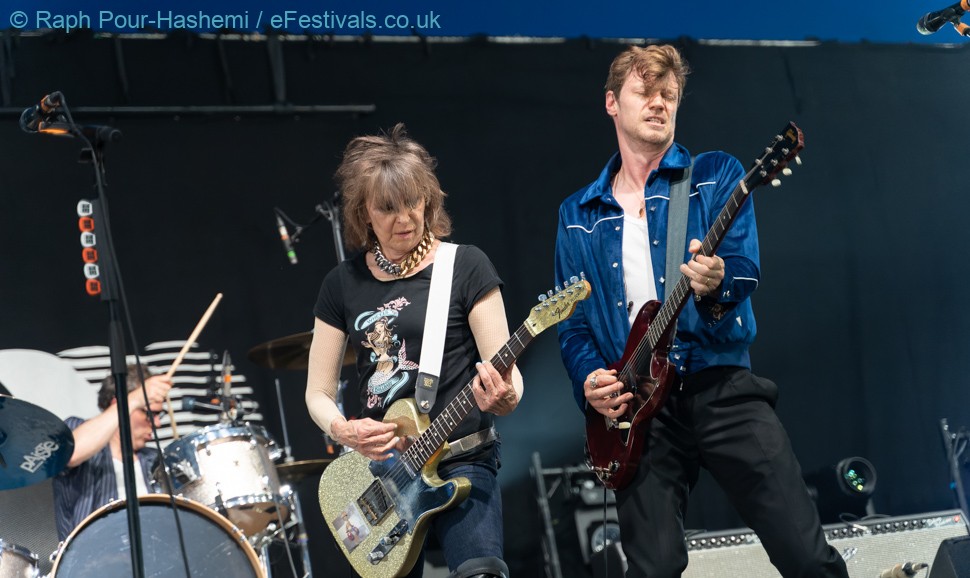
Stuck in a tent full of festival goers ill equipped for the downpour they sheltered from, I had time to think about last year, beset by last minute cancellations, when the festival fizzled out in the most disappointing of ways, leaving weekenders wandering aimlessly looking for a party. Now, through no fault of the organisers, things looked to be going the same way. As the rain pummelled the site, people left in their droves. Things settled eventually with Django Django returning to deliver a shortened set. What they did was good, but less than I'd hoped to see from a band top of my to do list. Suede were similarly brought forward and curtailed. Perhaps there were fears of another storm coming, but the abiding feeling was a show that wanted to be over. Suede delivered a stunning set - Brett Anderson is not a man troubled by self-doubt - so perhaps the time limit focused their minds, but they did so to a very modest audience, and so after they finished, with little else beyond DJs playing to no one, I went back to see the state of the tent in a subdued mood.
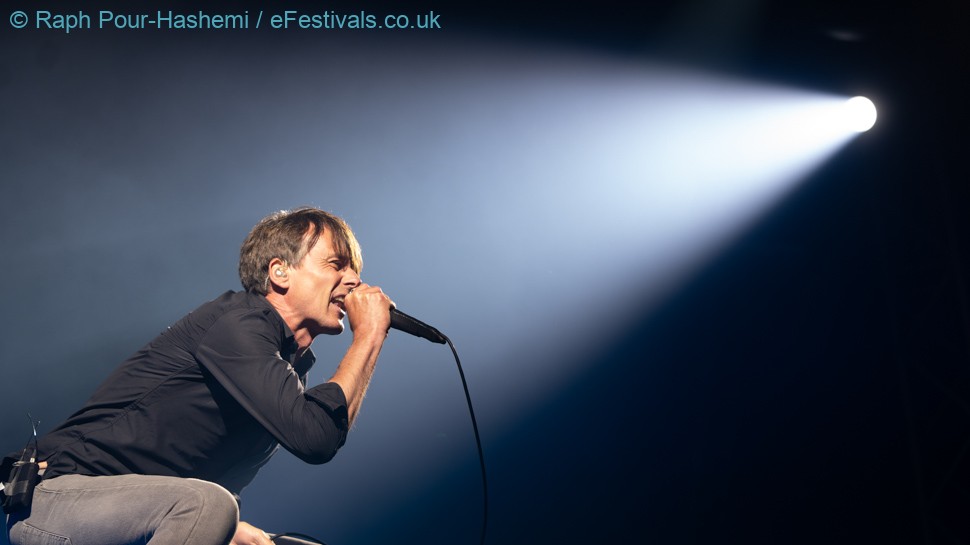
Notwithstanding an underwhelming finish, this had been a first class experience. Take the bad luck of a storm out the equation and the festival was tangibly better than the first in almost every respect. I hope the organisers build on their considerable achievements next time around, and perhaps give some thought to the way ideas and music are so concretely divided. At other festivals I've watched the Sleaford Mods before lunch and listened to Kim Newman talk about his novel after midnight. Let the audience decide whether they are in the mood for words or music, and I think they'll have an even more eclectic and enriching festival on their hands.
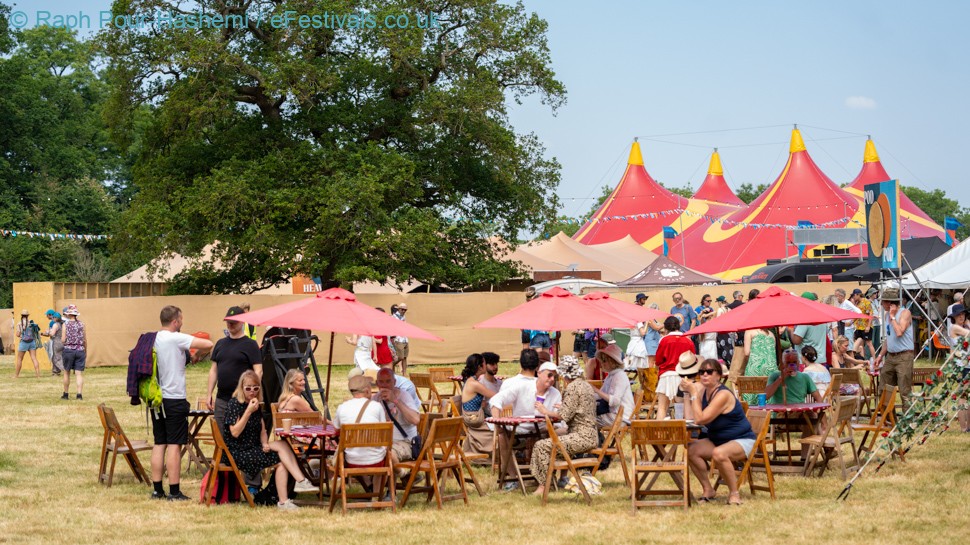
Latest Updates
 Kite Festival - CANCELLED 2024
Kite Festival - CANCELLED 2024festival details
 Kite Festival 2023 Review
Kite Festival 2023 Review Kite was a Storming Success
 Kite Festival 2023
Kite Festival 2023festival details
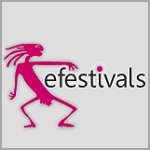 Kite Festival 09-11 June 2023 announces more names to the line-up
Kite Festival 09-11 June 2023 announces more names to the line-up Kite Festival 2023
Kite Festival 2023line-ups & rumours

